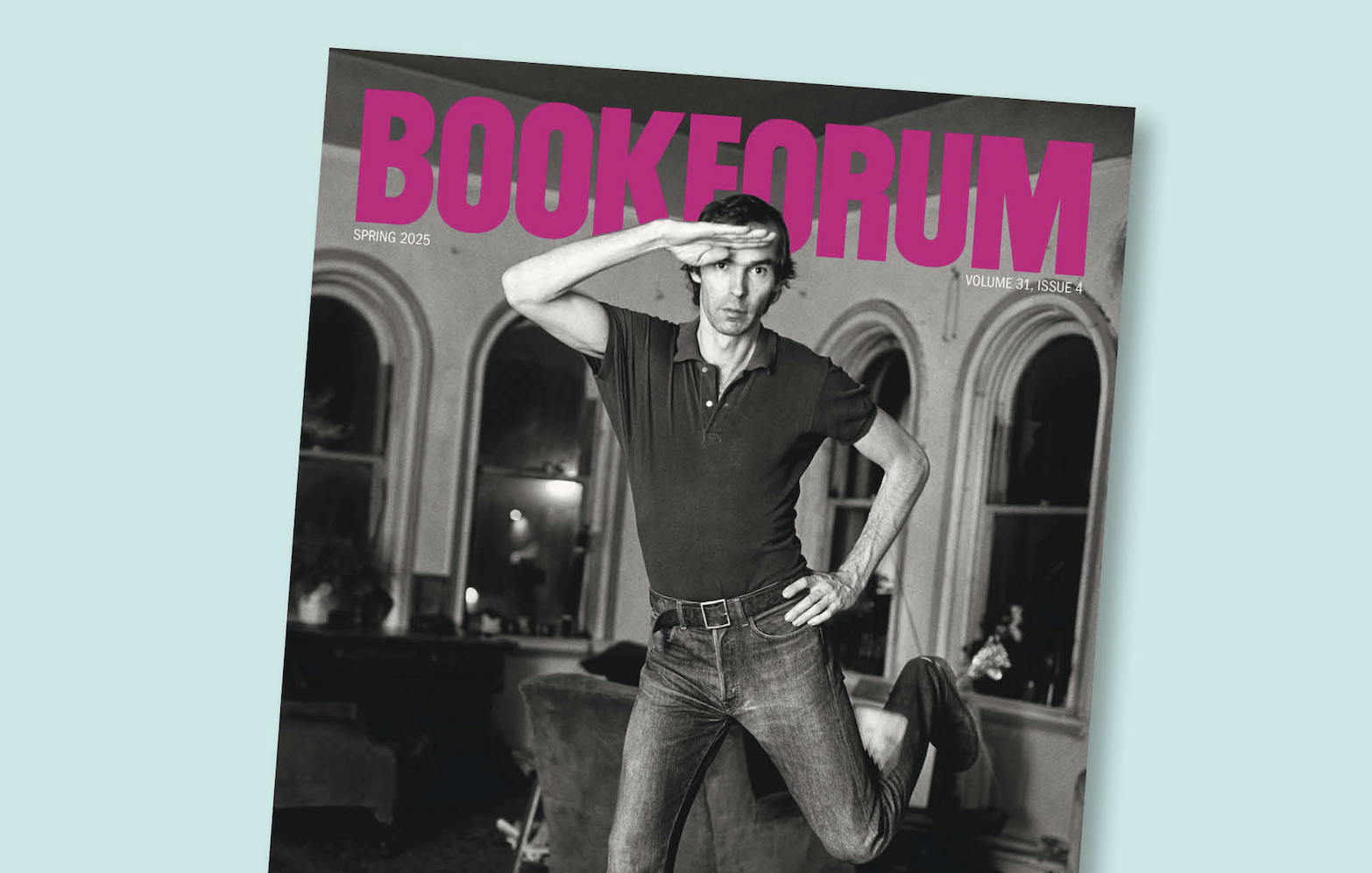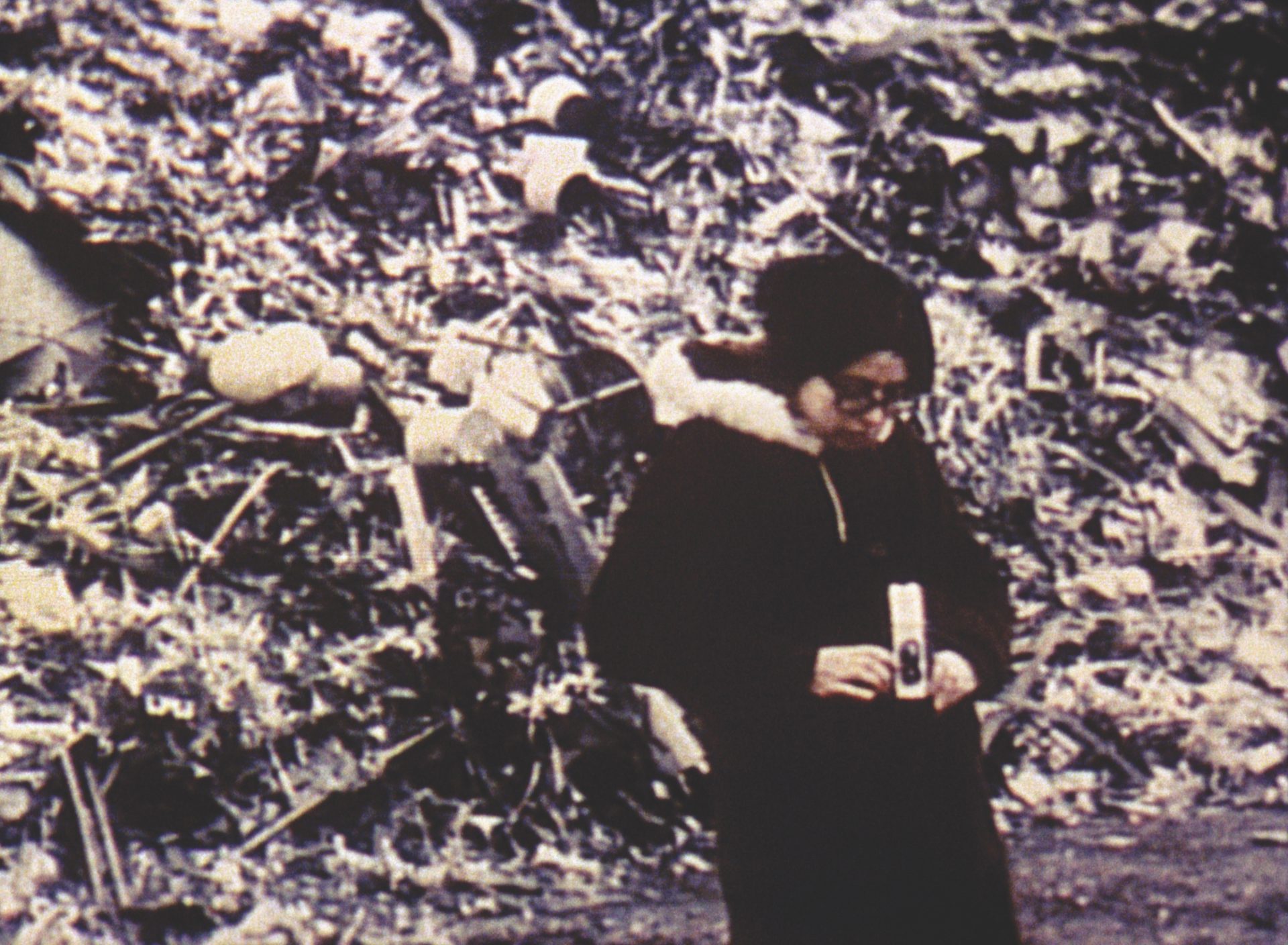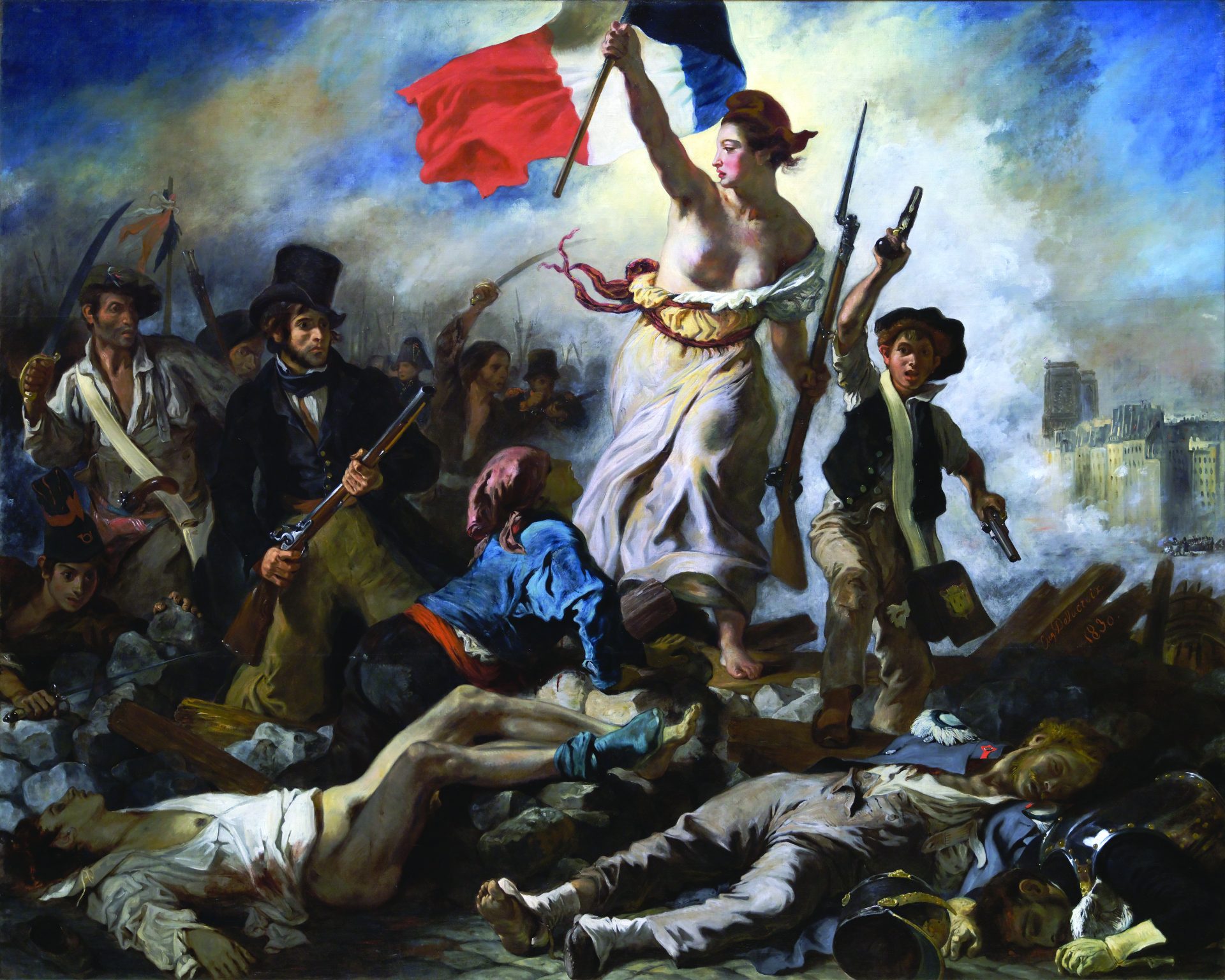
The insanity of ideology—including religious fundamentalism—is the subject of James Meek’s best-selling 2005 novel The People’s Act of Love. Set in 1919 in a desolate corner of Siberia, the story coheres around a battalion of Czech soldiers waiting patiently for the Red Army to come and finish them off. It features a sect of Christian fanatics who seek entrance to paradise through self-castration, and a revolutionary so confident of his own importance to the cause that, to keep himself going on a long journey, he takes one of his comrades with him for food. The goriness of these acts isn’t the only reason they’re alarming—there’s also the single-mindedness they require. The only character who expresses any uncertainty is the wife of one of the castrates: “You think ‘What if I hadn’t?’ . . . What if I’d stayed with the people I’d loved, instead of going all that way with my mean little sacrifice for God, who doesn’t need it? Would that not have been a better and a harder sacrifice?”
If People’s Act considers extreme behavior in the context of extreme beliefs, Meek’s fifth novel, The Heart Broke In, approaches a similar theme from a different angle: In the absence of ideology or religious conviction, how can a person ever know which sacrifices to make?
Pitched somewhere between satire and thriller, the story takes place in and around present-day London, with occasional detours to more exotic climes (Papua New Guinea, Tanzania). Ritchie Shepherd, once the attractive front man of rock band the Lazygods, is now the middle-aged, overweight producer of “lack of talent show” Teen Makeover, in which aspiring rockers are given enough coaching “to go from being bad at what they do to being adequate.” At the start of the novel, Ritchie’s life is held in a delicate, if complacent, balance. On the one hand is the large house in the countryside where he lives with his attractive wife and two adorable children, and on the other is the city pad in which he spends the odd night with his fifteen-year-old lover, a former star of his show.
Cheating on his wife doesn’t mean much to Ritchie, whose “conscience only troubled him when somebody pointed out that he had one, and that it was bound to trouble him.” The moral implications of sleeping with an underage girl don’t even seem to have occurred to him. But when his younger sister, Bec—a research biologist—breaks off her engagement with tabloid editor Val Oatman, he is forced to give the ethics of the situation urgent thought. Oatman confronts Ritchie with evidence of his affair, and threatens to publish it unless Ritchie can provide him with similarly explosive ammunition against Bec. His conscience thus brought to his attention, Ritchie is faced with a dilemma: resist Oatman and see his family destroyed, or protect his family by destroying Bec.
The Heart Broke In and The People’s Act of Love form a sort of diptych, with each throwing the other’s settings and concerns into relief. And in both novels, Meek tailors his language to his characters’ worldviews. In the former, physical phenomena are rendered by means of abstractions (a train is seen as “hissing with possibility”), while in the latter, emotions and ideas tend to be described in physical, sometimes even scientific terms (a boyfriend of Bec’s thinks of people moving away from him at a party as “like a vesicle packed with waste molecules being popped from the phospholipid layer”). This ability to move between vocabularies allows Meek (who is also a versatile journalist, having been chief of The Guardian’s Moscow bureau, as well as that paper’s religious-affairs editor and its science correspondent) to conjure worlds that are absolutely distinctive in their texture and detail.
But while the magical style and remote period setting of The People’s Act of Love allowed Meek to get away with a few elements of gothic grotesquerie, this becomes harder to credit when rendered in positivistic language and transferred to a twenty-first-century metropolis. British tabloid editors, for instance, are a notoriously foulmouthed and unpleasant bunch, but even by their standards, Val Oatman—a frothing lunatic who physically assaults Ritchie in the course of blackmailing him—seems over the top, a pantomime villain. “Let’s imagine I know that you’ve been fucking some fifteen-year-old,” he threatens Ritchie. “Let’s imagine I run the story. You’re arrested, you’re put on trial, you’re publicly humiliated, you get put in the chokey, your marriage breaks up, you have to fight your wife for access to your children, you lose the mansion, the BBC repudiates you, you become TV poison.” If Gogol, Tolstoy, and Dostoyevsky animated Meek’s vision of Russia, then Dickens, an old-fashioned moralist, is the master spirit here.
The problem with The Heart Broke In is that it’s difficult to mount an exploration of moral uncertainty when the contrasts you’re dealing in are so stark. Just as Ritchie and Val are obvious scoundrels, the good characters in the novel are too obviously good. Bec has taken her malaria research so far as to inject herself with a parasite that offers immunity to the disease but causes episodes of blindness; her and Ritchie’s father, an officer in the British Army, was executed by the IRA for refusing to disclose the identity of an informer. The characters themselves may question the value of these sacrifices, but we’re bound to approve of them. And should our focus stray, there is an omniscient narrator who uses his extensive powers—caricature and irony foremost among them—to help guide our sympathies.
While The Heart Broke In can’t quite support its intellectual agenda, it is a colorful and urgently paced novel that does deserve this praise: It would have been impossible to predict. With all his energy and ambition, Meek seems determined never to write the same book twice.
Edmund Gordon teaches at King’s College London. He is working on a biography of Angela Carter.






